
Metallurgy is a domain of materials science and engineering that studies the physical and chemical behavior of metallic elements, their inter-metallic compounds, and their mixtures, which are known as alloys.

Margaret Elizabeth Austin is a former New Zealand politician. She was an MP from 1984 to 1996, representing first the Labour Party and then briefly United New Zealand.

The Royal Society Te Apārangi is a not-for-profit body in New Zealand providing funding and policy advice in the fields of sciences and the humanities. These fundings are provided on behalf of the New Zealand Ministry of Business, Innovation and Employment.
Sir Albert William Liley was a New Zealand medical practitioner, renowned for developing techniques to improve the health of foetuses in utero.
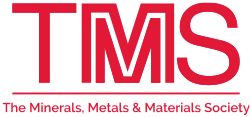
The Minerals, Metals & Materials Society (TMS) is a professional organization for materials scientists and engineers that encompasses the entire range of materials and engineering, from minerals processing and primary metals production to basic research and the advanced applications of materials.
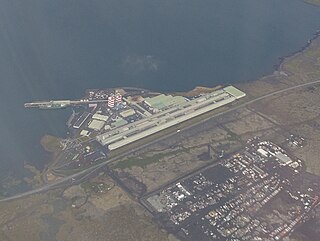
Aluminium smelting is the process of extracting aluminium from its oxide, alumina, generally by the Hall-Héroult process. Alumina is extracted from the ore bauxite by means of the Bayer process at an alumina refinery.
Margaret Shirley Mutu is a Ngāti Kahu leader, author and academic from Karikari, New Zealand and works at the University of Auckland, New Zealand. She is Māori and her iwi (tribes) are Ngāti Kahu, Te Rarawa and Ngāti Whātua.
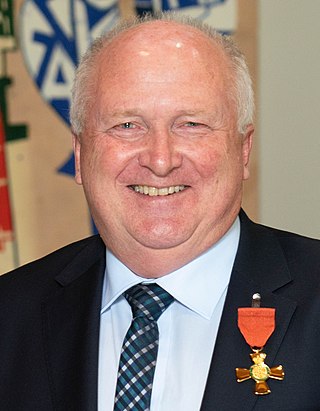
Marston Donald Edward Conder is a New Zealand mathematician, a Distinguished Professor of Mathematics at Auckland University, and the former co-director of the New Zealand Institute of Mathematics and its Applications. His main research interests are in combinatorial group theory, graph theory, and their connections with each other.

Dame Margaret Anne Brimble is a New Zealand chemist. Her research has included investigations of shellfish toxins and means to treat brain injuries.
Spent Potlining (SPL) is a waste material generated in the primary aluminium smelting industry. Spent Potlining is also known as Spent Potliner and Spent Cell Liner.
Philippa Margaret Black is a New Zealand academic specialising in geology, specifically mineralogy and metamorphic petrology.

Dame Jane Elizabeth Harding is a New Zealand academic new-born intensive case specialist (neonatologist). She was awarded the Rutherford Medal in 2019. Harding is the incoming president of the New Zealand national academy of sciences, the Royal Society Te Apārangi, with her term beginning in July 2024.

Miriam Cather Simpson is a New Zealand-American physics/chemistry academic and entrepreneur. She is currently a professor at the University of Auckland, a joint appointment between the physics and chemistry departments. She is the founder of the Photon Factory laser lab at the University of Auckland and the chief science officer for two spin-off companies, Engender Technologies and Orbis Diagnostics. She is an Associate Investigator for the Dodd-Walls Centre for Photonic and Quantum Technologies and an Emeritus Investigator for the MacDiarmid Institute for Advanced Materials and Nanotechnology. She was awarded the Royal Society Te Apārangi Pickering Medal in 2019. She has a strong focus on teaching, mentoring and public outreach and is an outspoken advocate for issues of gender equality and ethics in science.

Janet Margaret McLean is a New Zealand law academic. She is currently a full professor at the University of Auckland. Mcleans' interests include constitutional law, administrative law, legal method, comparative human rights law and common law theory. She is a Fellow of the Royal Society Te Apārangi.
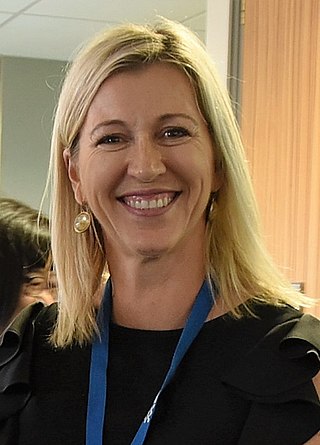
Merryn Tawhai is a New Zealand engineering scientist. She is a professor at the University of Auckland, director of the Auckland Bioengineering Institute, where she was a fellow from 2002, and a former director of MedTech CoRE. She is known for the development of mathematical models of the lungs that will help scientists understand differences between physiologically normal lungs and the pathological changes that might occur in a disease. She was inducted into the International Academy of Medical and Biological Engineering in June 2018. In November 2018, Tawhai was elected a Fellow of the Royal Society of New Zealand.

Tracey Kathleen Dorothy McIntosh is a New Zealand sociology and criminology academic. She is of Māori descent and is currently a Professor of Indigenous Studies and Co-Head of Te Wānanga o Waipapa at the University of Auckland.

Bryony Joanne James is a professor of engineering who is currently based at the University of Waikato.
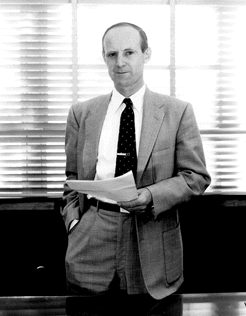
The Pickering Medal is awarded annually by the Royal Society Te Apārangi to a person or team "who, while in New Zealand, has through design, development or invention performed innovative work the results of which have been significant in their influence and recognition both nationally and internationally, or which have led to significant commercial success".
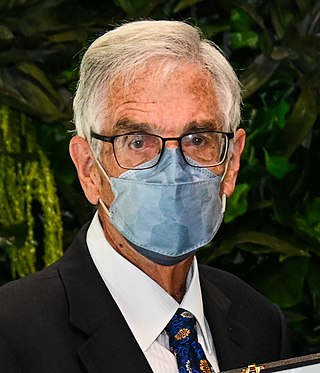
Sir William Alexander Denny is a New Zealand medicinal chemist, noted for his work investigating drugs for the treatment of cancer.

Margaret Louise Furey is a New Zealand archaeologist. Formerly a consulting archaeologist, she is now Curator of Archaeology at Auckland War Memorial Museum.
















